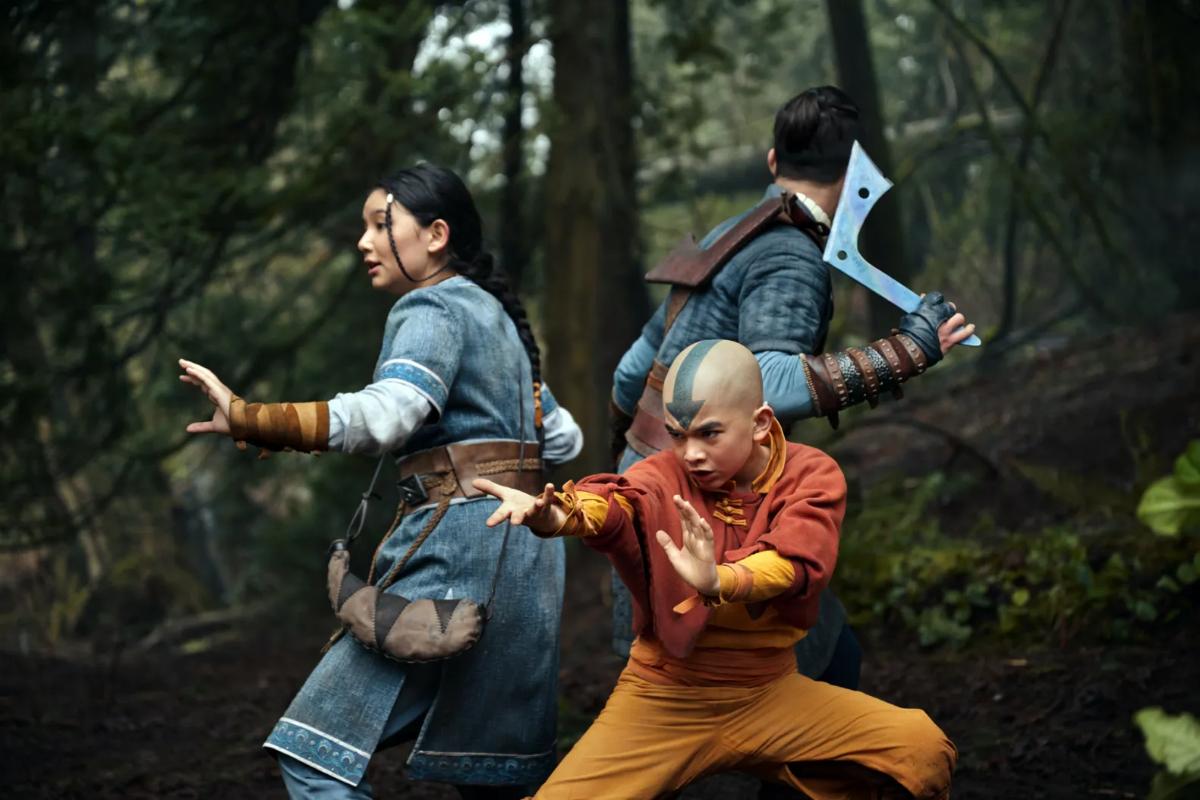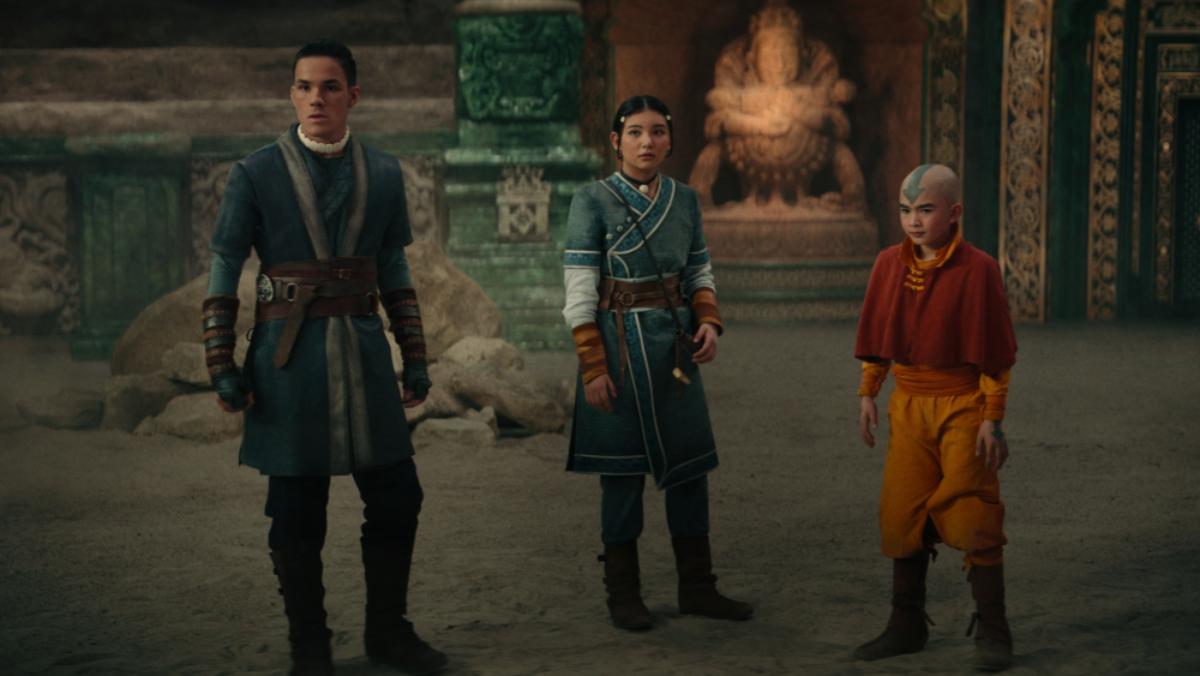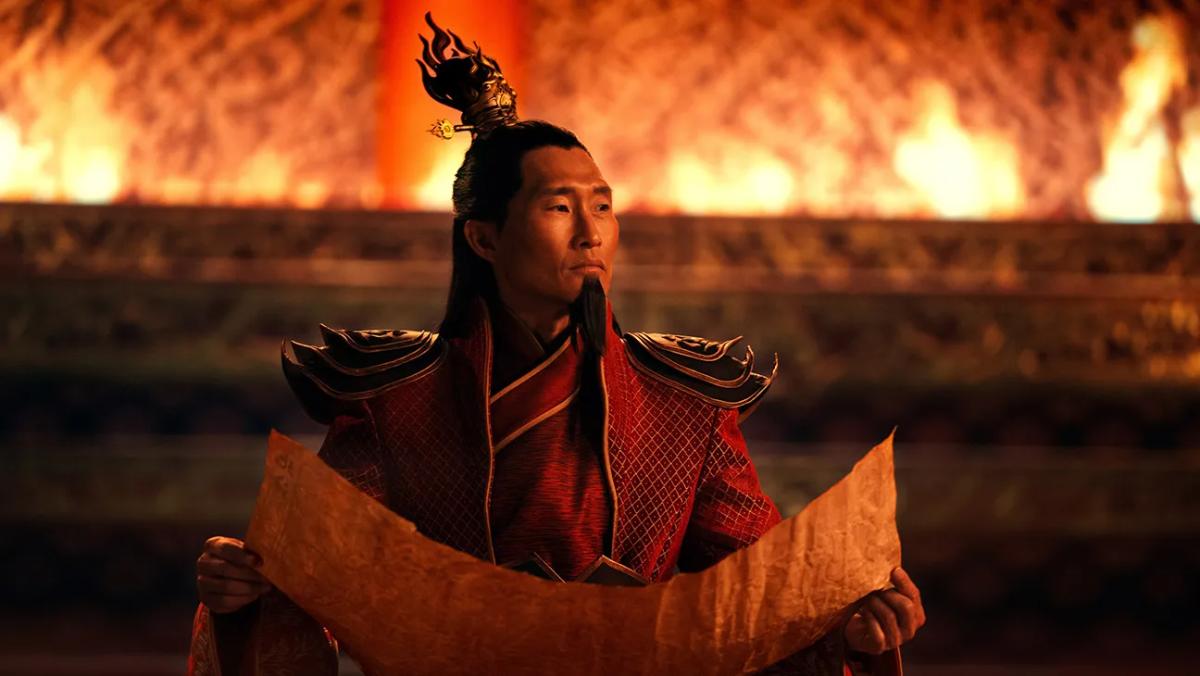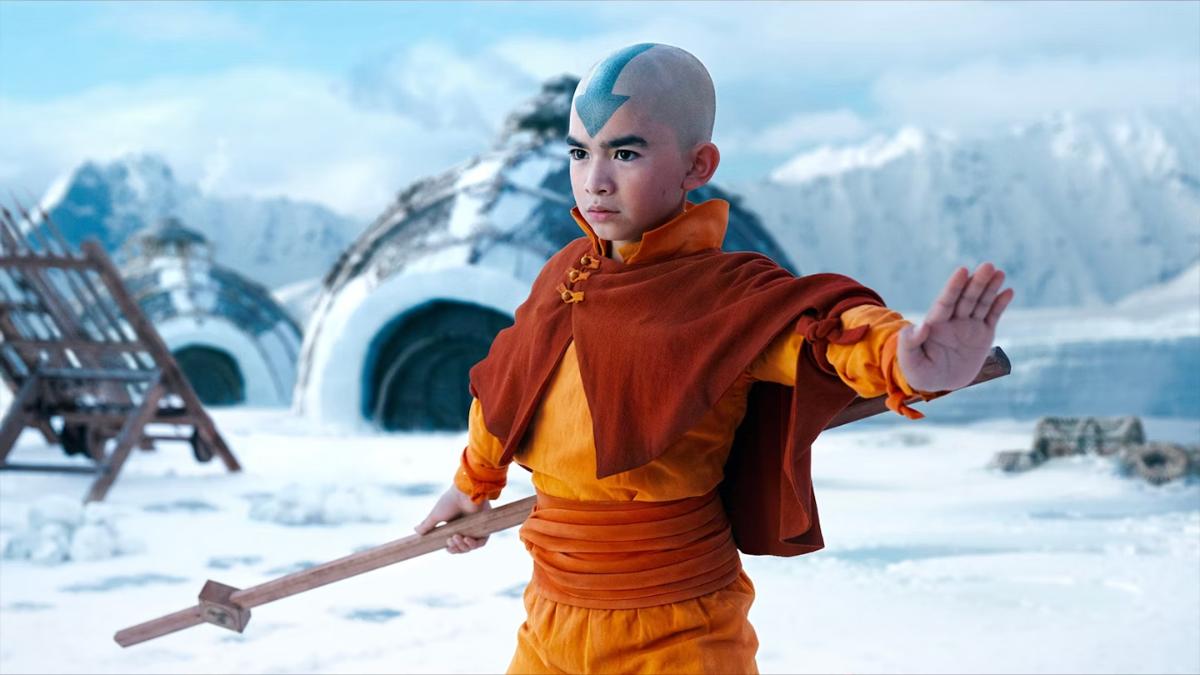Netflix: Avatar The Last Airbender Review
Netflix: Avatar The Last Airbender Review

Netflix’s recent foray into the live-action realm of “Avatar: The Last Airbender” has finally seen the light of day, bearing the weight of both colossal expectations and the baggage of a somewhat troubled cinematic history. While it doesn’t quite ascend to the lofty heights of its animated predecessor, the series manages to deliver a visually arresting and surprisingly faithful narrative that successfully sidesteps many of the pitfalls encountered by its earlier adaptation.

Avatar The Last Airbender Review – Casting
In stark contrast to the previous whitewashed attempt in 2010, this rendition of “Avatar” stays true to the original’s diverse cast and cultural inspirations. Gordon Cormier anchors the series admirably as Aang, embodying the character’s innocence and determination with genuine sincerity. The ensemble cast, including standout performances by Dallas Liu as the conflicted Prince Zuko, Paul Sun-Hyung Lee as the wise Uncle Iroh, and Elizabeth Yu as the ambitious Azula, adds depth and authenticity to the narrative.

Visually, the series excels, showcasing impressive world-building that breathes life into the vibrant landscapes and fantastical creatures of the source material. The CGI seamlessly integrates with practical sets and effects, particularly in the portrayal of bending styles, with waterbending standing out for its well-executed display of elemental power and fluidity.

Yet, the adaptation is not without its stumbling blocks. The condensed eight-episode format necessitates narrative streamlining, occasionally resulting in rushed story arcs and underdeveloped character moments. Sokka, for example, experiences a dilution of his comedic edge and nuanced internal struggles. Additionally, the pacing exhibits irregularities, with some episodes veering into overly expositional territory while others lack the emotional gravitas found in the original material.
The series treads a fine line between homage and innovation. While certain changes, such as the expansion of Iroh’s backstory and a deeper exploration of Katara’s trauma, resonate positively, others seem superfluous or even detrimental. Introduction of new plotlines, for instance, risks distracting from the core narrative and diminishing the impact of pivotal moments.
Conclusion
Overall, Netflix’s “Avatar: The Last Airbender” stands as a commendable effort that falls ever so short of achieving greatness. While visually impressive and largely faithful to its source, the series, with its narrative shortcuts and occasional missteps, might leave die-hard fans yearning for a bit more. Though it doesn’t surpass the animated masterpiece, it serves as a respectable entry point for newcomers and a testament to the enduring influence of the original tale. Here’s to a second season which we’re sure has potential to be FAULTLess.
Checkout our article: Netflix Spaceman Starring Adam Sandler – Everything We Know so Far